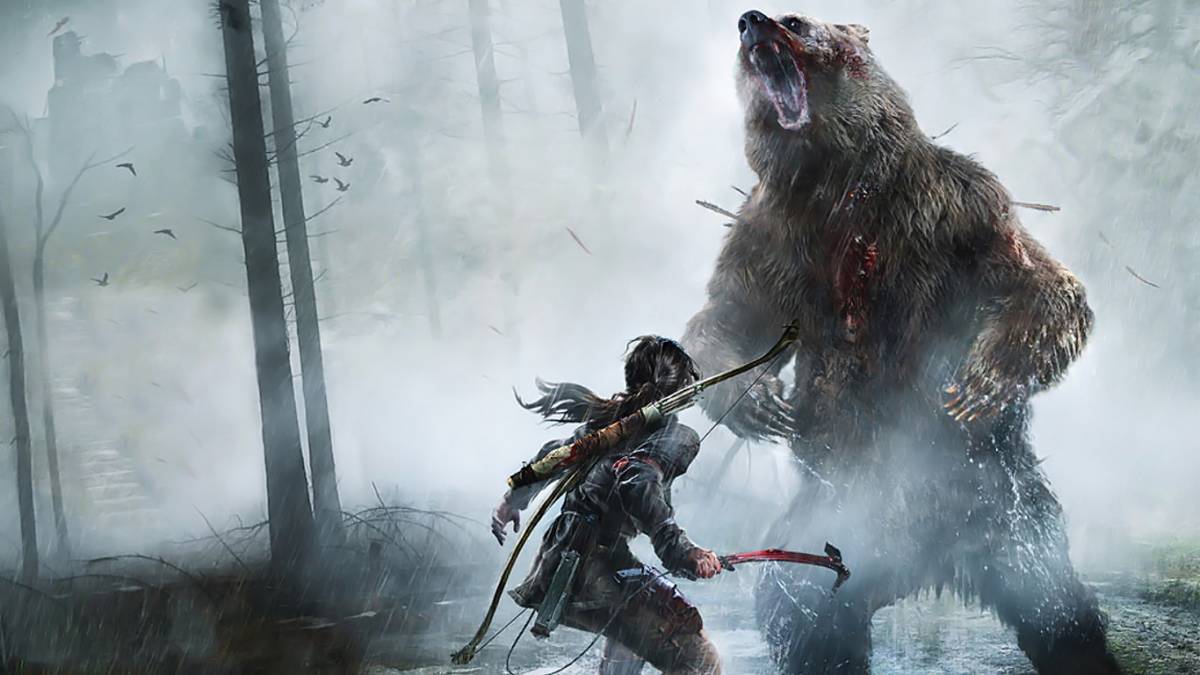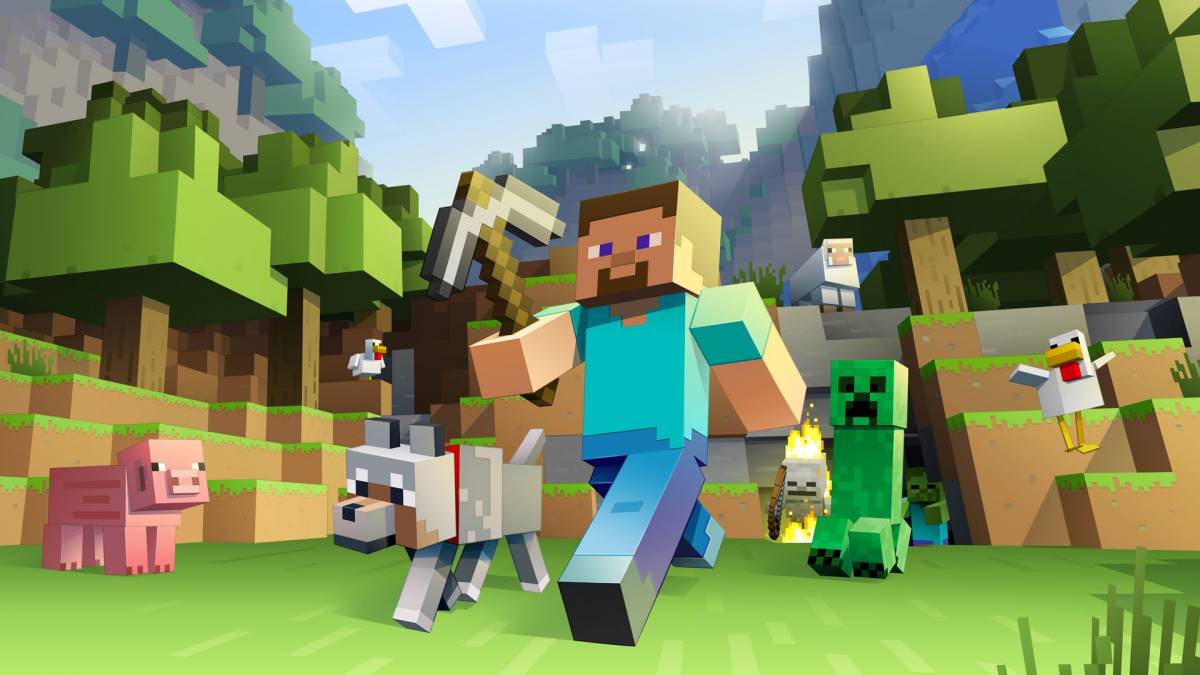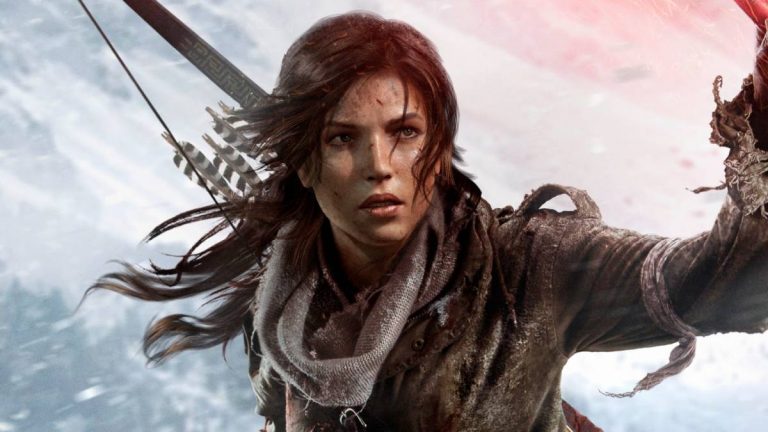I was sat in my room playing Rise of the Tomb Raider when my little sister walked in. Born in 2005, she’s 11, and as such lives in a world more liberal, equal and advanced than the world of my childhood, only a decade prior. Just yesterday, she remarked to me how a character in a book she is reading is gay, and that it seems crazy to her that gay marriage was ever illegal. She’s growing up with a female prime minister and will remember Hillary’s campaign for the presidency.
And yet, something odd happened when she saw me playing the newest Tomb Raider. She sat down beside me and watched for a minute. Lara Croft threw herself from rocky wall to another, shot some attackers in the face, found some buried treasure. And my sister remarked; “It’s cool that you’re playing as a girl.”
“A girl? That’s Lara Croft!” I said, greeted by a blank stare. I gave her a quick review of the last twenty one years of one of gaming’s chief icons, before it hit me – what stunned her wasn’t that Lara has been with us since the late 90s, wasn’t the Uncharted-esque gameplay or visuals, but the fact that I was playing a game as a girl. And something clicked. I asked her what other games she knew where she played as a girl.

In Minecraft, you play as a fairly blank protagonist of your own choosing, but she struggled to recall a game where she was represented by the on-screen gender. Perhaps Pokemon was the best example – a silent, text-based protagonist, but nonetheless as equal and present as her male counterparts. It’s 2017 – we live in an era of unprecedented equality, yet here we were, struggling to think of a female lead.
Gaming and games culture is massively misrepresented in mass culture. For many, the idea of a ‘gamer’ still conjures a young to teenage boy, spot covered and basement dwelling, hardly beyond the 80s image of hackers. And yet, studies have shown consistently that the majority of gamers are middle-aged, and more than half of mobile gamers are female. I’ve dated several ‘gamer girls’, but the fact that I have to even describe them as such shows how prominent the gender issue is in the industry. I remember buying Pokemon Ruby and Sapphire for myself and my brother with my birthday money. As we started those adventures in the back of our family car, the game asked me – are you a boy, or are you a girl? I knew my brother would be a boy, so why not shake it up? Young me still felt the need to name my female protagonist ‘SEXY’, but it’s the thought that counts.
And so why now, all these years later, in a world filled with tablets and smartwatches and self-driving electric cars, are we still painting gaming as a male pastime? I remember, the night I met a girl I would go on to date for several months in my first year of University, we sat and talked about the competing programming languages, about our experiences with Linux, our nightmare stories of wiping hard drives and destroying data. It was like meeting a unicorn.

This past Christmas my brother and I got our sister a Raspberry Pi, complete with some basic software and hardware. She loved setting it up, she thinks it’s neat that she built her own computer, and as we go on I’ll help her learn to code on it. Why anyone isn’t teaching their children to code is beyond me, but that these interests or pursuits should ever be seen as ‘ungirly’ or somehow incorrect for my sister, wouldn’t occur to her; it’s saddening to think how many women have these interests either ignored or negated. It isn’t to say that parents turn their daughters away from sciences or technology, simply that we’re all so normalised to interests or careers having gender roles, most barely see an issue worth contemplating.
There have been prominent women in gaming, but they’ve still so rare as to be defined by their gender – Samus Aran’s reveal of herself at the conclusion of the landmark Metroid was a shock, a twist, something so unexpected – “I defeated the aliens as a girl?” – but the most famous of the medium, Princess Peach, harkens even now to the damsels in distress of the silent era. Peach would sooner drown herself lamenting akin to Shakespeare’s Ophelia than spring to action and take as active a role as her saviour. Princess Zelda is hardly better, more often than not the prize at the end of the adventure, the reward bestowed at the conclusion; doubtless, the Princess will love Mario once he defeats Bowser, as likely Zelda will love Link once he slays Ganon. What other choice do they have? These women are agentless at best.
I’m a writer and try my best to keep women as prominent as possible in my work. Hell, my final University piece, Female, had no male characters at all. But as a straight, white man, I will always be on the outside looking in. There are issues I can tackle head-on in ways my sister cannot, and likewise, there are voices and perspectives she can give that will forever elude my grasp. It is often noted that male writers, when writing women, are quick to describe their breasts; it’s a symptom of the male gaze, mental or otherwise.
I turned to my sister and told her, “There’s nothing stopping you creating girl characters”, and I often try to remind her that her gender plays no part in her interests or passions. She is unabashedly a ‘tomboy’, and calls herself such; my only hope is that at some point during her lifetime she realises that she doesn’t need to justify her interests or excuse them.
Some of the coverage you find on Cultured Vultures contains affiliate links, which provide us with small commissions based on purchases made from visiting our site. We cover gaming news, movie reviews, wrestling and much more.



